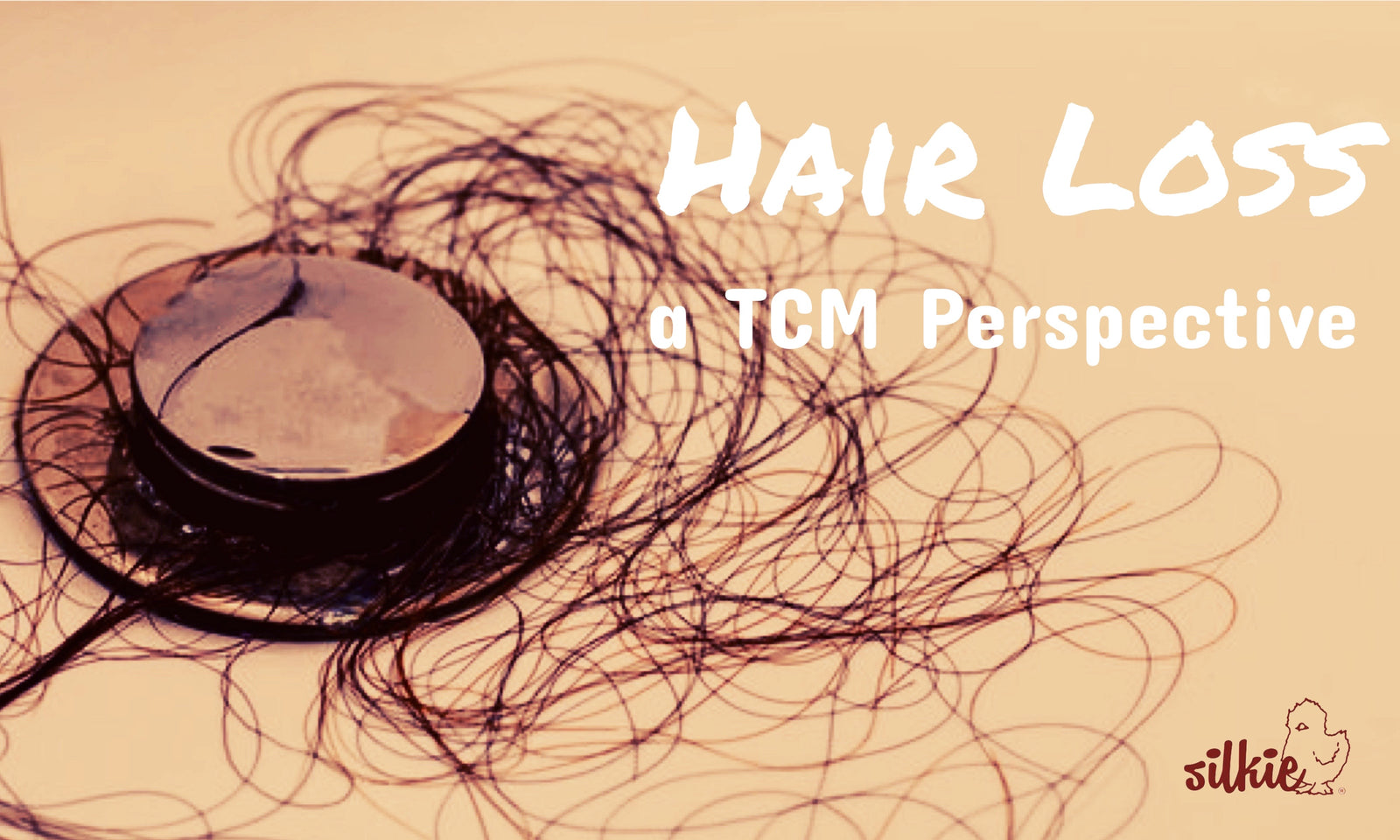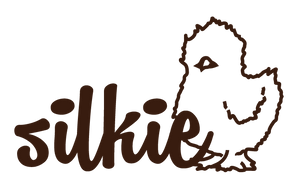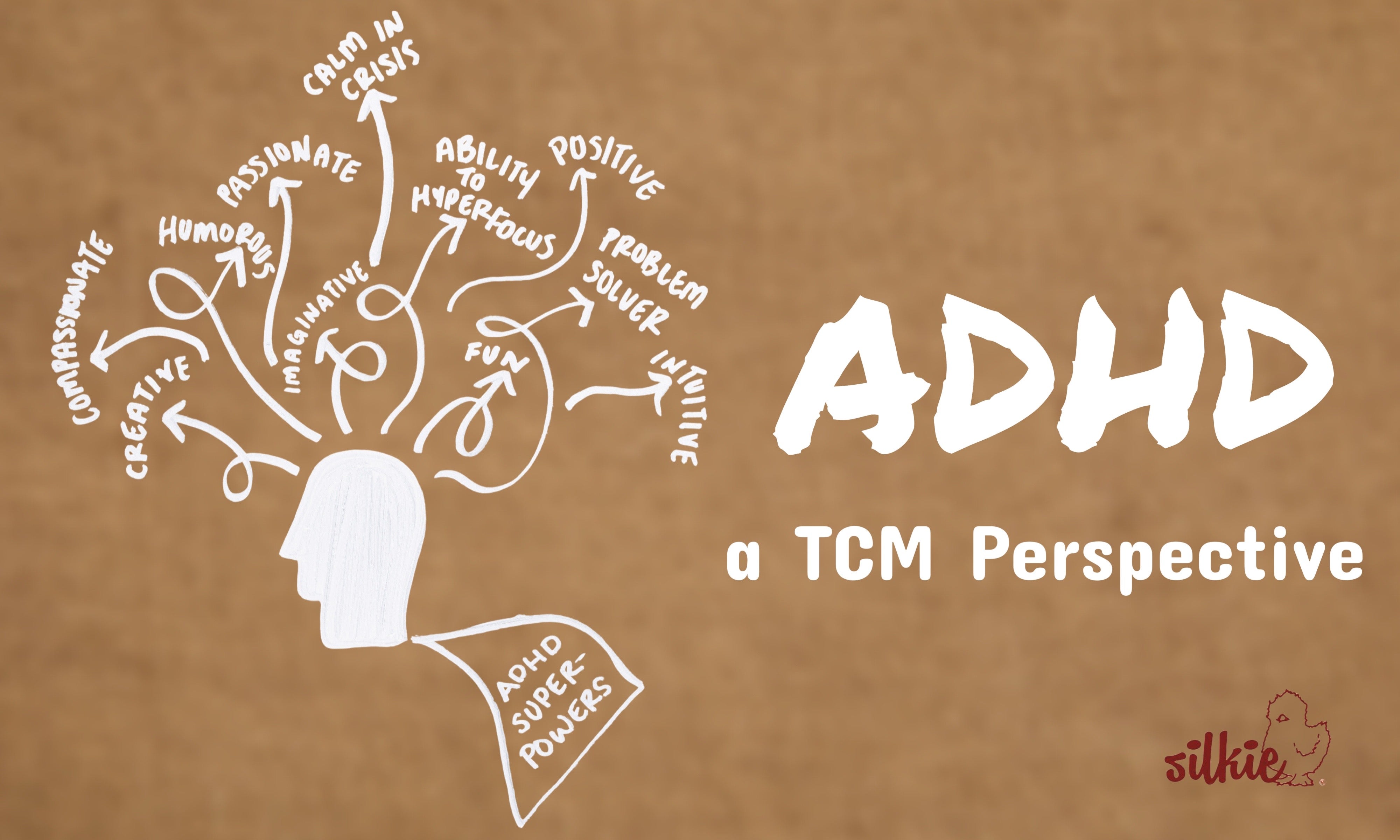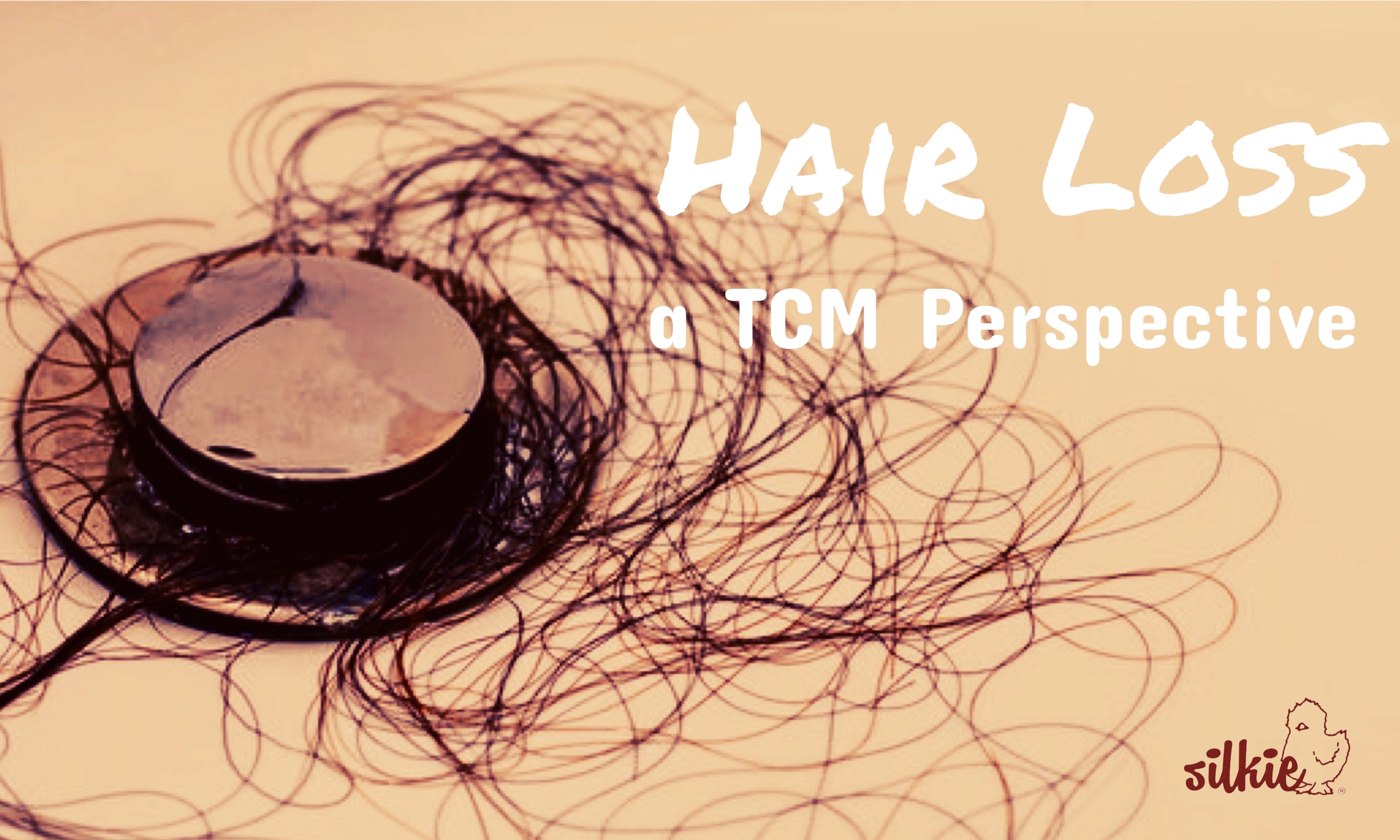Understanding Hair Loss

By Ann Tam
Hair loss is a pervasive issue that can be both frustrating and disheartening, affecting men and women of all ages. The causes of hair loss are multifaceted, ranging from genetics and hormonal imbalances to lifestyle choices and medical conditions. Understanding the different types of hair loss is crucial for effective management and treatment. This comprehensive guide aims to provide insights into the various types of hair loss, their causes, and the treatment options available.
Western Medicine Perspective on Hair Loss
From a Western medicine perspective, hair loss, or alopecia, is a complex condition influenced by genetic, hormonal, environmental, and lifestyle factors.
Causes of Hair Loss
Genetics: Androgenetic alopecia, the most common form of hair loss, is heavily influenced by genetic predisposition. Specific genes inherited from both parents can determine an individual's susceptibility to hair thinning and balding.
Hormonal Factors: Hormonal imbalances, such as elevated levels of dihydrotestosterone (DHT), can contribute to hair loss. DHT, a derivative of testosterone, can shorten the hair growth cycle and cause miniaturization of hair follicles in those genetically predisposed to androgenetic alopecia.
Medical Conditions: Certain medical conditions, including thyroid disorders, autoimmune diseases like alopecia areata, scalp infections, and chronic illnesses such as lupus or diabetes, can cause or exacerbate hair loss.
Medications and Treatments: Some medications and treatments, such as chemotherapy, can lead to hair loss. Other medications, including certain antidepressants, blood thinners, and acne treatments, may also cause hair shedding as a side effect.
Stress and Lifestyle Factors: Psychological stress, physical trauma, poor nutrition, and unhealthy lifestyle habits can contribute to hair loss. Chronic stress, in particular, can disrupt the hair growth cycle and increase shedding.
Hair Care Practices: Overuse of harsh hair treatments, frequent heat styling, tight hairstyles, and improper hair care can damage the hair shaft and weaken the hair, leading to breakage and thinning.
Age: Hair naturally undergoes changes with age, including a decrease in hair density and diameter. Hormonal changes associated with aging and reduced blood flow to the scalp can contribute to age-related hair loss.
Scalp Health and Environment: The health of the scalp, including conditions like dandruff, seborrheic dermatitis, and scalp psoriasis, can impact hair growth. Environmental factors such as exposure to pollutants, UV radiation, and harsh weather conditions may also affect hair health.
Symptoms and Diagnosis
Common signs of hair loss include thinning on top of the head, circular or patchy bald spots, and sudden loosening of hair. Diagnostic tests such as the hair pull test, scalp biopsy, and blood tests can help determine the underlying causes and guide appropriate treatment.
Treatment Options
Western medicine offers a variety of treatment options for hair loss, including:
- Medications:
- Minoxidil: A topical treatment that helps stimulate hair growth and slow hair loss.
- Finasteride: An oral medication that reduces DHT levels, preventing hair follicle miniaturization.
- Topical Treatments:
- Corticosteroid Creams: Used to reduce inflammation and treat conditions like alopecia areata.
- Anthralin: A topical treatment used for alopecia areata to normalize hair follicle growth.
- Oral Supplements:
- Biotin and Iron: Essential nutrients that support healthy hair growth.
- Platelet-Rich Plasma (PRP) Therapy:
- Involves injecting concentrated platelets from the patient's blood into the scalp to promote hair growth.
- Low-Level Laser Therapy (LLLT):
- Uses laser light to stimulate hair follicles and promote hair growth.
- Hair Transplantation:
- Surgical procedure where hair follicles are transplanted from one part of the scalp to another.
- Lifestyle Modifications:
- Stress management, a balanced diet, and proper hair care practices can help reduce hair loss and promote healthy hair growth.
Coping with Hair Loss
Dealing with hair loss can be emotionally challenging. Here are some ways to cope:
- Support Groups and Counseling:
- Joining support groups or seeking counseling can provide emotional support and help you manage the psychological impact of hair loss.
- Wigs, Hairpieces, and Scarves:
- These can be used to cover hair loss and boost confidence.
- Camouflage Techniques:
- Techniques such as using hair fibers or scalp micropigmentation can help conceal thinning areas.
- Embracing Hair Loss:
- Embracing hair loss as part of your identity can be empowering and help you build confidence.
Traditional Chinese Medicine (TCM) Perspective on Hair Loss
In Traditional Chinese Medicine (TCM), hair loss is viewed as a manifestation of underlying imbalances in the body's Qi (vital energy), blood circulation, and organ systems.
Types of Hair Loss in TCM
- Blood Deficiency:
- Insufficient nourishment of the hair follicles and poor blood circulation.
- Kidney Deficiency:
- Weakened kidney function, which is considered the root of hair health in TCM.
- Liver Qi Stagnation:
- Emotional stress impairing the smooth flow of Qi and blood to the scalp.
- Phlegm-Dampness Accumulation:
- Greasy scalp, dandruff, and oily skin indicating an imbalance in body fluids.
- Blood Stasis:
- Poor blood circulation and stagnant blood flow to the scalp.
Causes of Hair Loss in TCM
- Weakness or Deficiency in Kidney and Liver Systems:
- These organs are considered crucial for hair health in TCM.
- Emotional Stress:
- Disrupts the flow of Qi and Blood, leading to hair loss.
- Poor Diet and Nutrition:
- Can lead to blood deficiency or stagnation, weakening hair follicles.
- External Factors:
- Excessive heat, wind, and dampness affecting the scalp.
- Chronic Illnesses:
- Systemic imbalances affecting overall health.
Symptoms and Diagnosis in TCM
Symptoms include easy hair fall, gradual thinning, patchy bald spots, sudden loosening of hair, and brittle hair. TCM practitioners diagnose hair loss by examining overall health, medical history, and symptoms, including tongue appearance and pulse diagnosis.
Treatment in TCM
- Herbal Medicine:
- Prescribing herbal formulas to address underlying imbalances, such as tonifying the Kidney and Liver, nourishing Blood, and promoting Qi circulation.
- Acupuncture:
- Stimulating specific points to regulate Qi and Blood flow, alleviate stress, and improve health.
- Scalp Massage:
- Gentle techniques to promote blood circulation to the scalp and stimulate hair follicles.
- Dietary Therapy:
- Adopting a balanced diet that supports overall health and hair growth.
- Lifestyle Adjustments:
- Incorporating stress reduction techniques and promoting overall wellness.
Prevention Strategies in TCM
- Balanced Diet:
- Consuming nutrient-rich foods to support blood health and nourish the scalp.
- Stress Management:
- Practicing relaxation techniques to prevent Qi stagnation.
- Moderate Exercise:
- Promoting circulation and overall health.
- Proper Scalp Care:
- Keeping the scalp clean and using gentle hair care products.
- Avoiding Overuse of Hair Treatments:
- Limiting the use of harsh chemicals and excessive styling.
Coping with Hair Loss in TCM
- Emotional Support:
- Seeking support from family, friends, or counseling.
- Holistic Approaches:
- Incorporating TCM treatments to address underlying imbalances and promote hair health.
- Positive Mindset:
- Fostering a positive outlook and self-acceptance.
Traditional Chinese Medicine Formulas vs Current Herbalism:
Traditional Chinese Medicine (TCM) boasts an extensive history of herbal treatment, developed over thousands of years, offering valuable insights. In contrast to western herbalism's reliance on single herbs at high doses, TCM utilizes combinations of 4 to 10 herbs, working synergistically to address various body imbalances. This approach enhances positive effects and minimizes negative side effects. TCM formulas not only alleviate symptoms but also target the root cause of the imbalance, allowing for reduced or discontinued herbal intake as health improves.
While the medical industry and research groups focus on isolating and extracting specific compounds from herbs or herbal extracts that offer concentrated compounds for new treatments, this approach may limit the benefits. The process of extracting herbs often involves the use of solvents or high heat, which can degrade the quality of the active compounds and may also introduce harmful residues. TCM emphasizes the use of whole herbs, where naturally occurring compounds complement each other, maximizing therapeutic effects.
Silkie’s Herbal Formulas:
Silkie, a product of five generations of experience in Chinese Medicine, uses the highest quality herbs harvested at their peak potency. Our supplements are made with natural honey as a binder, avoiding fillers or artificial ingredients. This tradition honors our ancestors and ensures premium quality.
Herbal formulations take years to master, and potent formulas are often family secrets. With generations of crafting formulas to help the local community, we have refined our herbal blends for modern life. Silkie utilizes herbal formulations tailored to individual patterns of imbalance, consisting of herbs chosen for their synergistic effects in addressing symptoms and root causes. Our Healthy Hair formula is a TCM-crafted herbal blend of dark roots, seeds, and fruits designed to nourish hair roots, reduce hair loss, and stimulate the growth of stronger, thicker, healthier hair.
Poria
Poria (Fu Ling) is valued in Chinese medicine for its ability to strengthen the spleen and stomach, regulate water metabolism, and promote healthy hair growth.
Processed Fleeceflower Root
Processed Fleeceflower root (Zhi He Shou Wu) is traditionally used to nourish the liver and kidneys, tonify the blood, and promote hair growth.
Dried Black Date
Dried black date (Hei Zao) are used in Traditional Chinese Medicine to tonify the blood, improve circulation, and nourish the hair follicles.
Goji Berries
Goji berries (Gou Qi Zhi) are rich in antioxidants, vitamins, and minerals, goji berries are believed to nourish the blood, improve circulation, and promote hair growth in Traditional Chinese Medicine.
To Achieve Your Desired Results with Silkie Healthy Hair
- For fast results: Take 20 pills in the morning and 20 pills at night.
- For moderate results: Take 15 pills in the morning and 15 pills at night.
- For satisfactory results: Take 10 pills in the morning and 10 pills at night.
- For maintenance: Take 5 pills in the morning and 5 pills at night.
Conclusion
Understanding the causes and treatment options for hair loss from both Western and Traditional Chinese Medicine perspectives can help individuals make informed decisions about managing their condition. Whether opting for medical treatments, lifestyle changes, or holistic approaches, addressing the underlying factors and seeking appropriate care can promote hair health and improve overall well-being.




